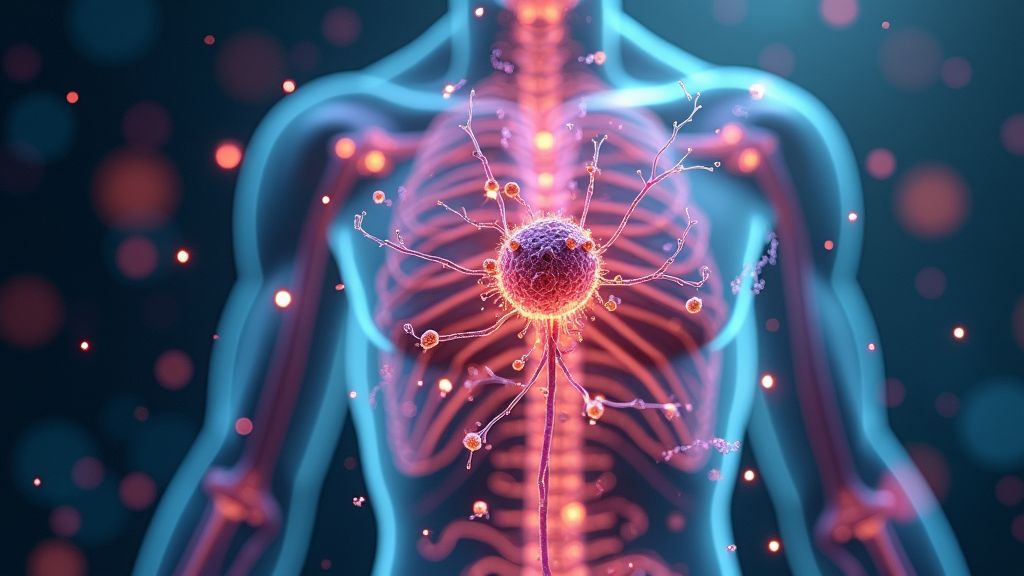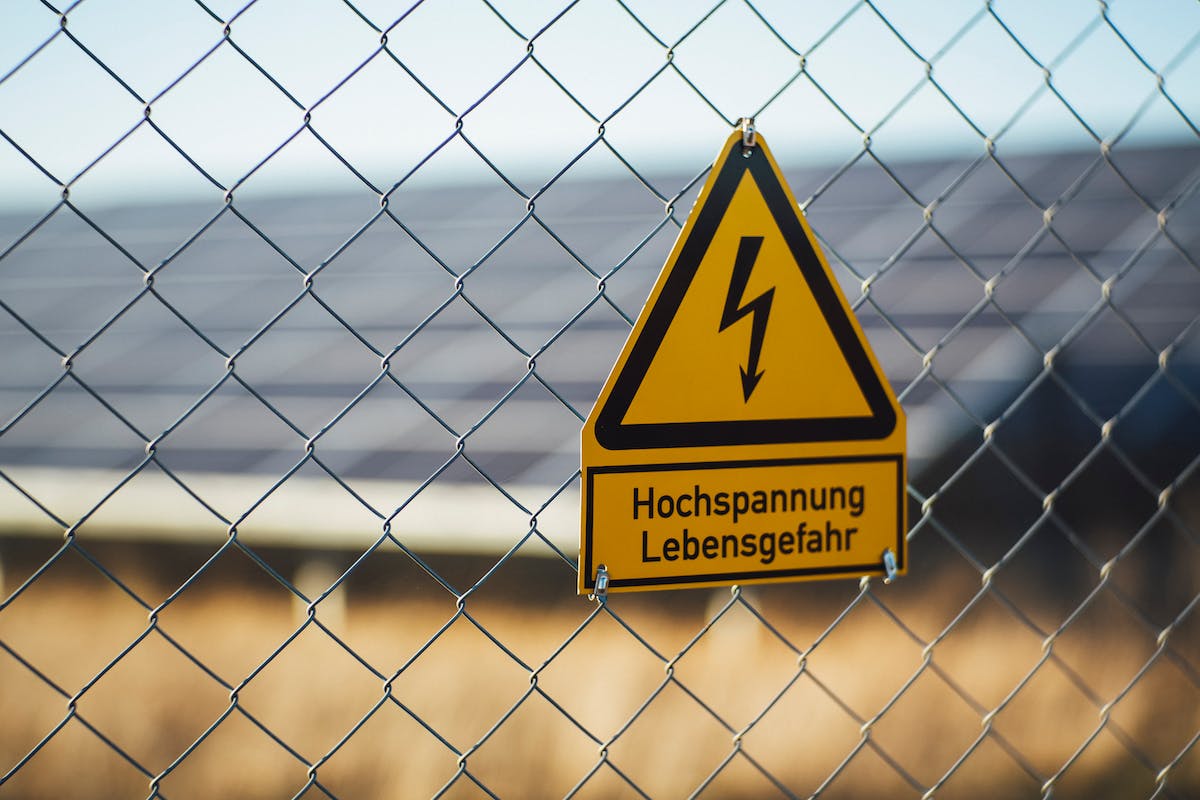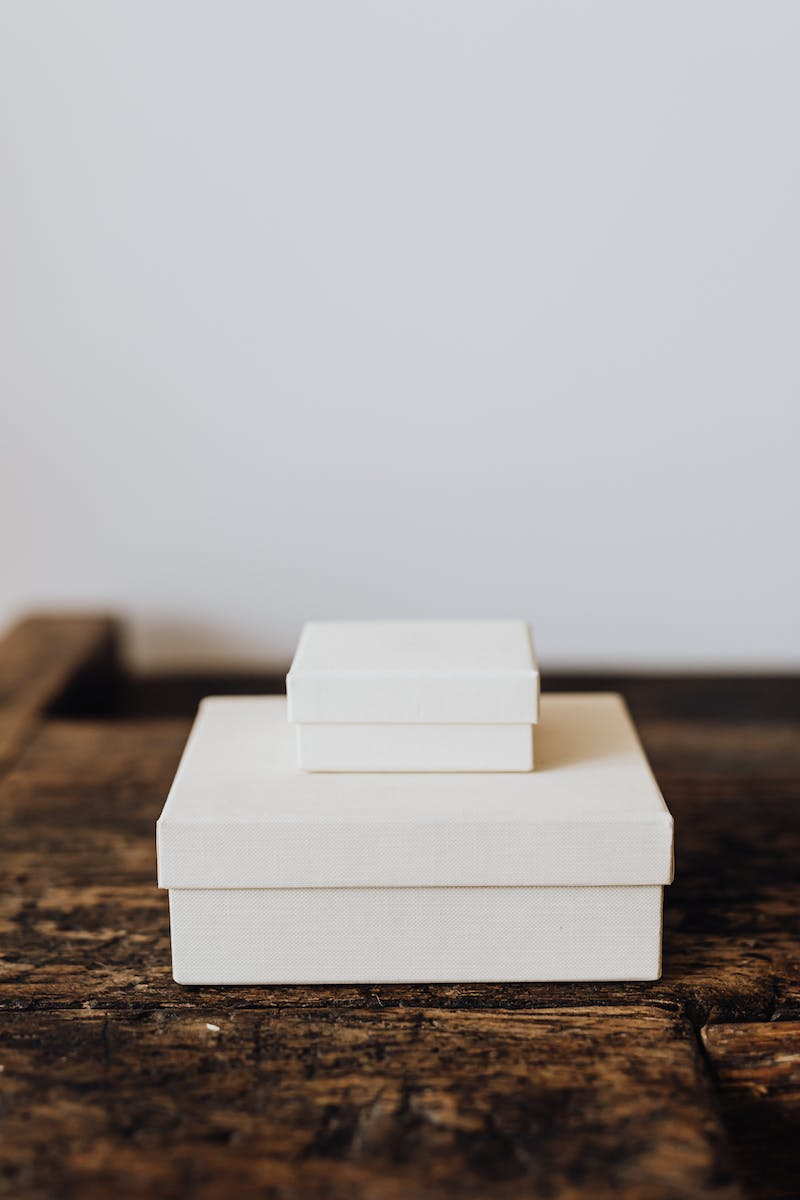Advertisement
Exercise
7 Ways to De-Stress When You’re Feeling Anxious
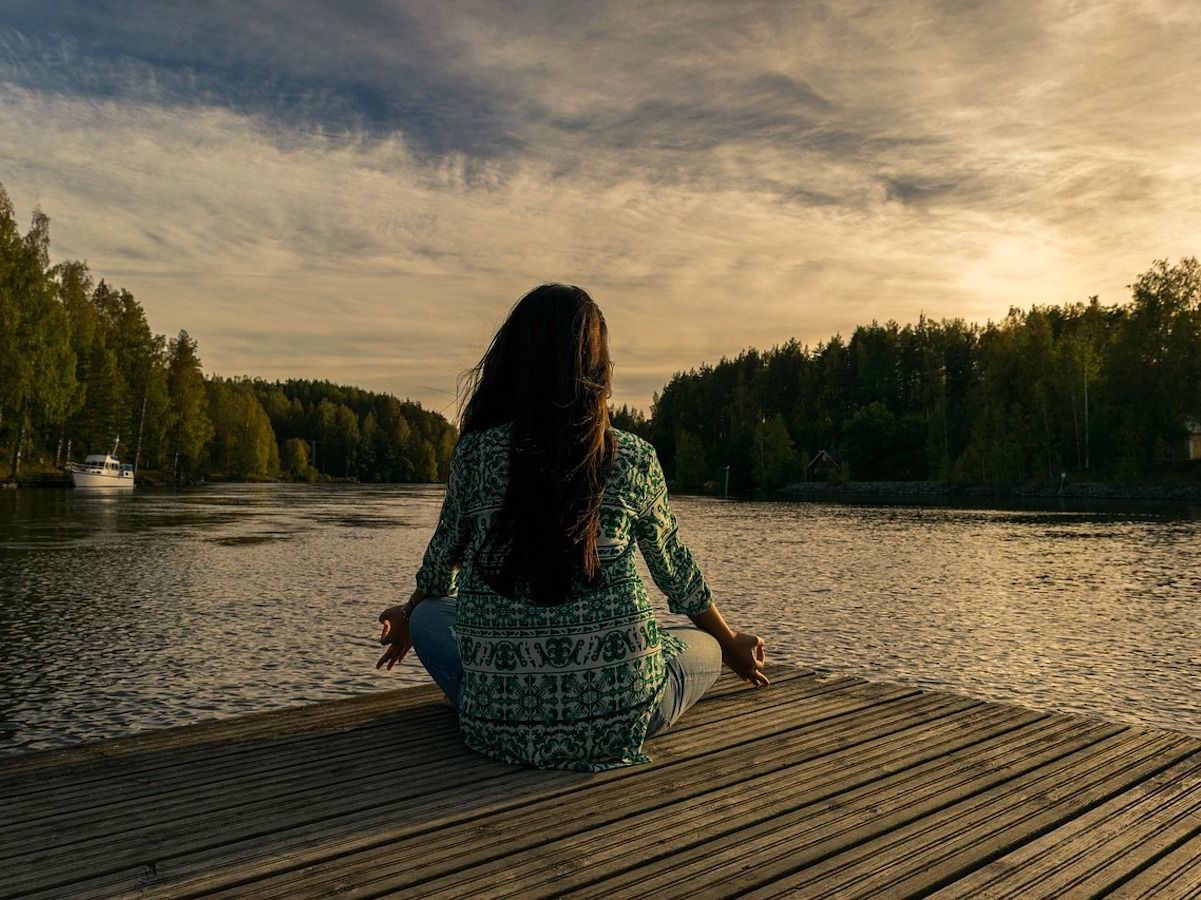
By its very nature, life can sometimes feel maddeningly – overwhelmingly – stressful. If you’re having a particularly anxious time, you might might these seven tips immensely helpful in de-stressing.
Meditation:
Meditating for just a few minutes can be incredibly powerful in helping you to destress from feeling anxious. Start by finding a comfortable place to sit, close your eyes and take several deep breaths. Concentrate on drawing in fresh air and exhaling out any worries or tension that you may be feeling. As you do this, focus on how your body is feeling – the sensations of your feet against the ground, the warmth of your breath in your chest. This meditative practice will help you to acknowledge any anxious feelings without attaching too much importance to them, allowing you to relax into the present moment and reduce stress.
Exercise:
Participating in physical activities such as walking, jogging or yoga are great ways to help cope with anxiety as they release endorphins which make us feel happy and calm. By taking part in regular exercise, we can learn to control our stress responses better and become more resilient when facing difficult situations or emotions. Additionally, having an outlet for physical energy can help clear away anxious thoughts and create space for relaxation within our minds and bodies.
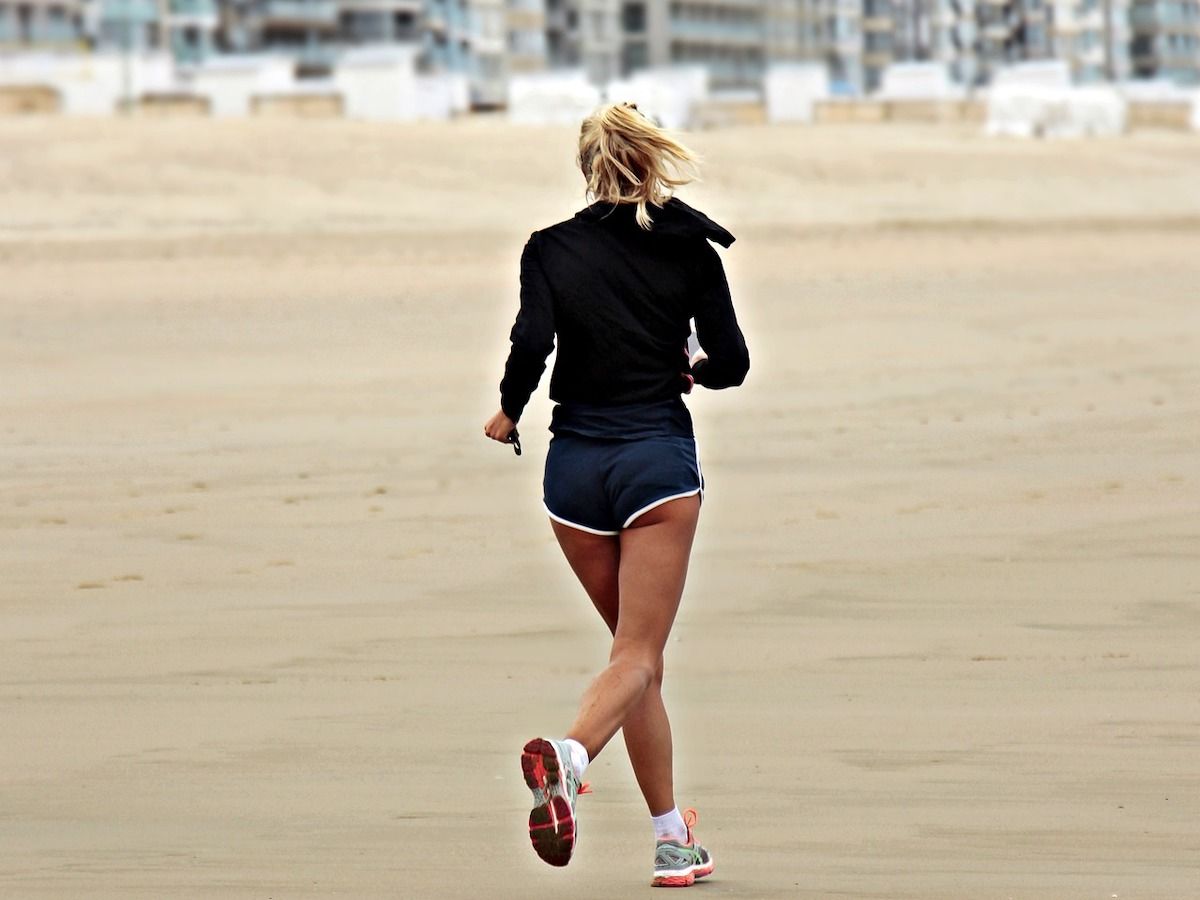
Self-Care:
Taking time to look after ourselves is essential for dealing with anxiety effectively; it helps us to recharge our batteries and reminds us that we deserve love and kindness too! Make sure that you’re getting enough quality sleep each night (around 7-9 hours) as well as eating a balanced diet throughout the day so that you have enough energy reserves to tackle whatever life throws at you!
Talking Therapy:
It’s important not to ignore any underlying issues that may be causing an increase in anxiety levels; speaking with a therapist about how you are feeling can be incredibly beneficial as it gives us an opportunity to express ourselves without judgement or fear of repercussions from others. It also provides us with a safe place where we can learn more about our mental health, analyse our thought patterns better and implement strategies for managing stressful situations more effectively moving forward.
Create A Calming Environment:
Surrounding yourself with positive vibes can be incredibly helpful when it comes to reducing anxious feelings; try incorporating calming activities into your daily routine such as lighting some scented candles or diffusing essential oils like lavender or eucalyptus which have been known to provide stress relief! Additionally, designing a clean yet cozy area within your home specifically designated for relaxation (like adding some soft pillows/blankets or hanging art prints) can be extremely beneficial in creating an oasis away from any external stresses that may otherwise trigger anxious reactions.
Connect With Nature:
Spending time outdoors is another effective way of managing stress levels since being surrounded by green spaces encourages us to take slow deep breaths while connecting with nature’s essence – studies have even shown that natural environments can significantly reduce stress hormones! If possible try walking through some nearby parks/forests during sunrise/sunset when light levels are low – this will ensure maximum tranquility!

Practice Mindfulness:
Being mindful helps us stay aware of our emotions so we don’t get overwhelmed by them – start by focusing on the present moment rather than worrying about what might happen tomorrow; begin noticing simple details around you like the sky turning pink at sunset, birds chirping their morning song etc., all these elements provide tangible evidence that life is moving forward despite challenging times! Additionally try engaging in mindful activities such as drinking tea slowly while focusing on its aroma & taste, listening attentively while someone talks without getting distracted etc., this will help us develop greater self-awareness & better manage any rising tensions associated with anxiety along the way


